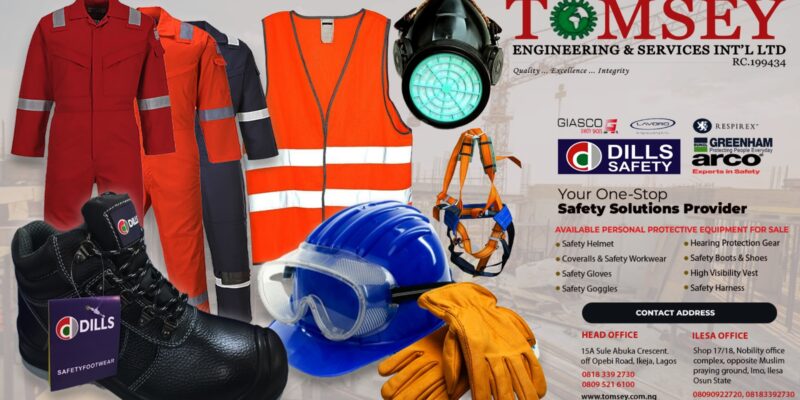Personal Protective Equipment (PPE) serves as a fundamental component of workplace safety across industries, safeguarding workers from various hazards. Its importance cannot be overstated due to its multifaceted impact on employee well-being, accident prevention, and overall organizational productivity.
1. Injury Prevention and Hazard Mitigation: PPE acts as a shield against a plethora of workplace hazards. Helmets, safety glasses, gloves, earplugs, and respirators protect against head injuries, eye and ear damage, chemical exposure, burns, and respiratory issues. These items significantly reduce the risk of severe injuries and illnesses.
2. Regulatory Compliance: Many industries and regions have stringent regulations mandating the use of specific PPE. Compliance ensures legal adherence, preventing fines and penalties. Adhering to these standards also fosters a culture of safety and responsibility within the workplace.
3. Health Protection: PPE plays a pivotal role in preserving workers’ health by minimizing exposure to harmful substances and environments. For instance, respiratory masks guard against airborne particles, preventing long-term respiratory issues. Similarly, protective suits shield against chemical splashes, reducing the risk of skin diseases or burns.
4. Risk Reduction and Accident Prevention: By providing an extra layer of defense, PPE minimizes the likelihood of accidents and injuries. It acts as a critical barrier between workers and potential hazards, significantly reducing workplace incidents.
5. Emergency Preparedness: In emergencies such as fires, chemical spills, or natural disasters, PPE ensures that employees are equipped to respond safely. Safety gear like fire-resistant clothing or gas masks can be crucial in these scenarios, protecting lives and minimizing damage.
6. Employee Confidence and Well-being: Access to proper PPE boosts employee confidence and morale. When employees feel adequately protected, they are more likely to be engaged, focused, and motivated, positively impacting overall productivity.
7. Cost Savings: While there is an initial investment in providing PPE, the long-term benefits outweigh the costs. Preventing workplace injuries and illnesses decreases medical expenses, compensation claims, and potential legal fees. It also reduces downtime caused by accidents, leading to enhanced operational efficiency.
8. Industry-Specific Protection: Certain professions demand specialized PPE tailored to their unique risks. For example, construction workers require hard hats and steel-toed boots, while healthcare workers need gloves and face shields. Tailored PPE ensures precise protection for specific job roles.
In conclusion, PPE is not only crucial for the safety and well-being of workers but also for the overall success and sustainability of businesses. Prioritizing the provision and proper use of PPE in the workplace is a proactive step towards creating a safer, more secure, and productive work environment.

